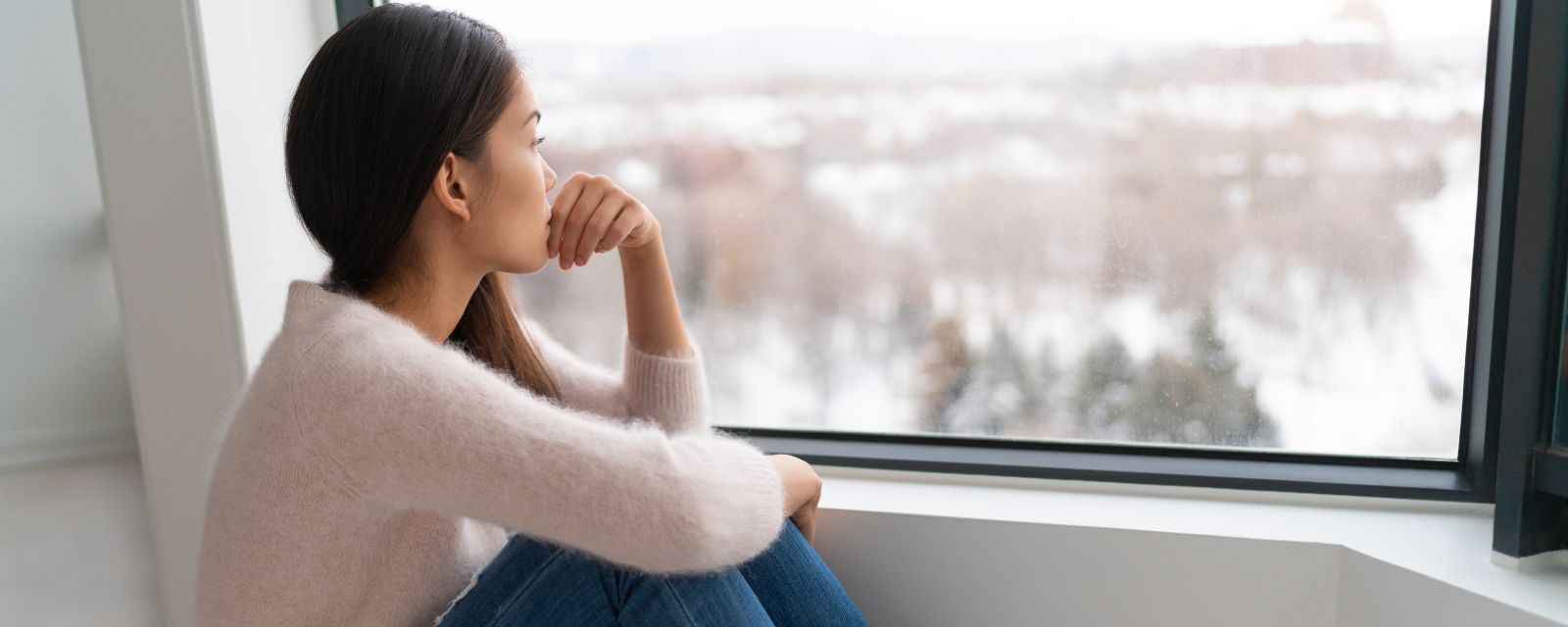Routines, Exercise, and Wellness
As I was preparing to write this, I began thinking about my own routines and the impact they have on me. Like many of y’all, I get overwhelmed and can get “stuck” between having a bunch of stuff to do and not knowing where to start. That started to change when I established a morning and bedtime routine. It sounds cliche, but stay with me for a second. Routines are beneficial because they give our brains predictability. Our brains love patterns, which is why our subconscious picks up on and reacts to things before we consciously realize what is going on, (think emotional triggers.)
The good thing is, we can rewire our brains using routines and patterns. Routines provide predictability, which is shown to aid in stress management, increase sleep hygiene, and increase healthy habits. (Buetell, C, 2022) They also aid in alleviating symptoms of various mental health disorders because they help us,”cope with change, create healthy habits, improve interpersonal relationships, and reduce stress” (Brenner, 2020).
One thing that I often see people attempt to create new routines around in session, on social media, and even my friends, is exercise. Moving your body is a key element in overall health and wellness. Exercising releases endorphins, also known as one of the happy chemicals in the brain. Endorphins are helpful for decreasing stress and boosting mood. Studies also show that exercise helps with managing and lowering the impact of depression, anxiety, and ADHD.
If you’re one of those people who struggle to get their brain to shut off, creating routines that include exercise can be beneficial. Keep reading for a few tips on easing into adding routines to your life. Chances are you’ve already got some that we can build on!
- Starting with a bedtime or morning routine is a great way to start something and stick to it. You have to go to bed and you have to get up every day, and studies show that having a bedtime routine helps you get to sleep faster and stay asleep longer because your body and nervous system know what to expect.
- Pair your new habit with something you already do. For example, if you tend to watch television after work, try to throw in five minutes of stretching or 5 minutes of journaling to help transition from work mode to home/rest mode.
- Have grace with yourself. You do not have to get it right every single time. It’s ok if you miss a day or don’t keep the routine every single day! The goal is progress not perfection.
- Consistency and intentionality are key. Start with just five minutes of walking, stretching, air squats, or jump rope (or your new chosen habit) and if possible do it the same time every day.
So tomorrow when you wake up, try checking off one thing before getting into the hustle and bustle of life. Be it exercise, a cup of coffee, or a moment to yourself to take a few deep breaths, you deserve it and your nervous system will thank you. Remember to only try one new habit at a time so you don’t get overwhelmed. Oh, and this is not an all or nothing type of situation!
“Having a routine is how you build habits. When we practice good habits, that can help us maintain positive relationships, good hygiene and our best health” - Cheryl Beutell
*Gentle Reminder: please consult with your primary care physician before beginning any exercise regimen.
Resources:
- Health Benefits of Having a Routine | Northwestern Medicine
- The Mental Health Benefits of Having a Daily Routine - Therapy Group of NYC
All material provided on this website is for informational purposes only. Direct consultation of a qualified provider should be sought for any specific questions or problems. Use of this website in no way constitutes professional service or advice.




